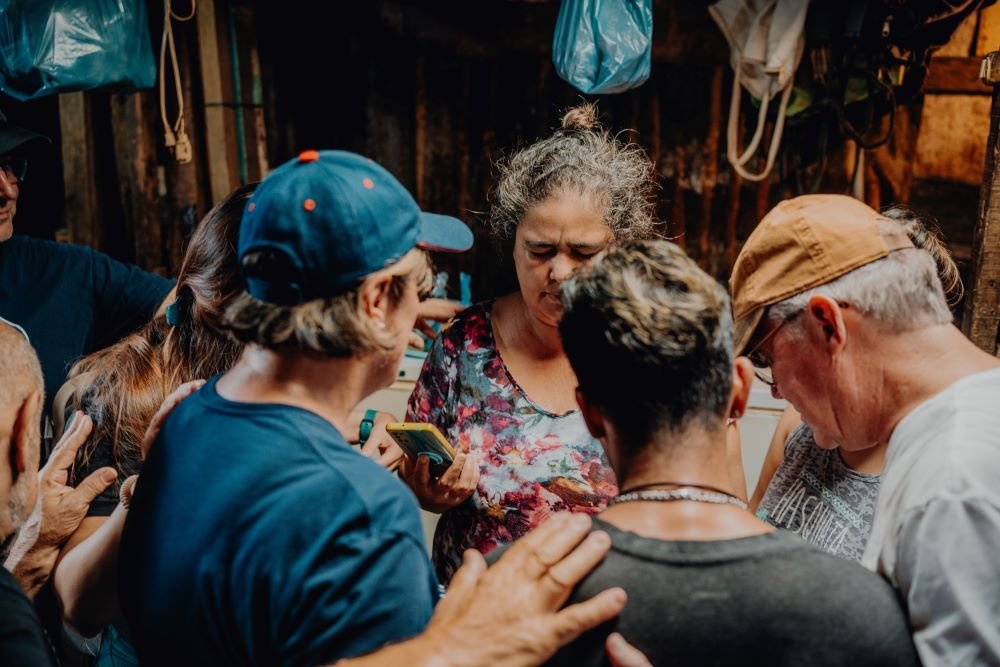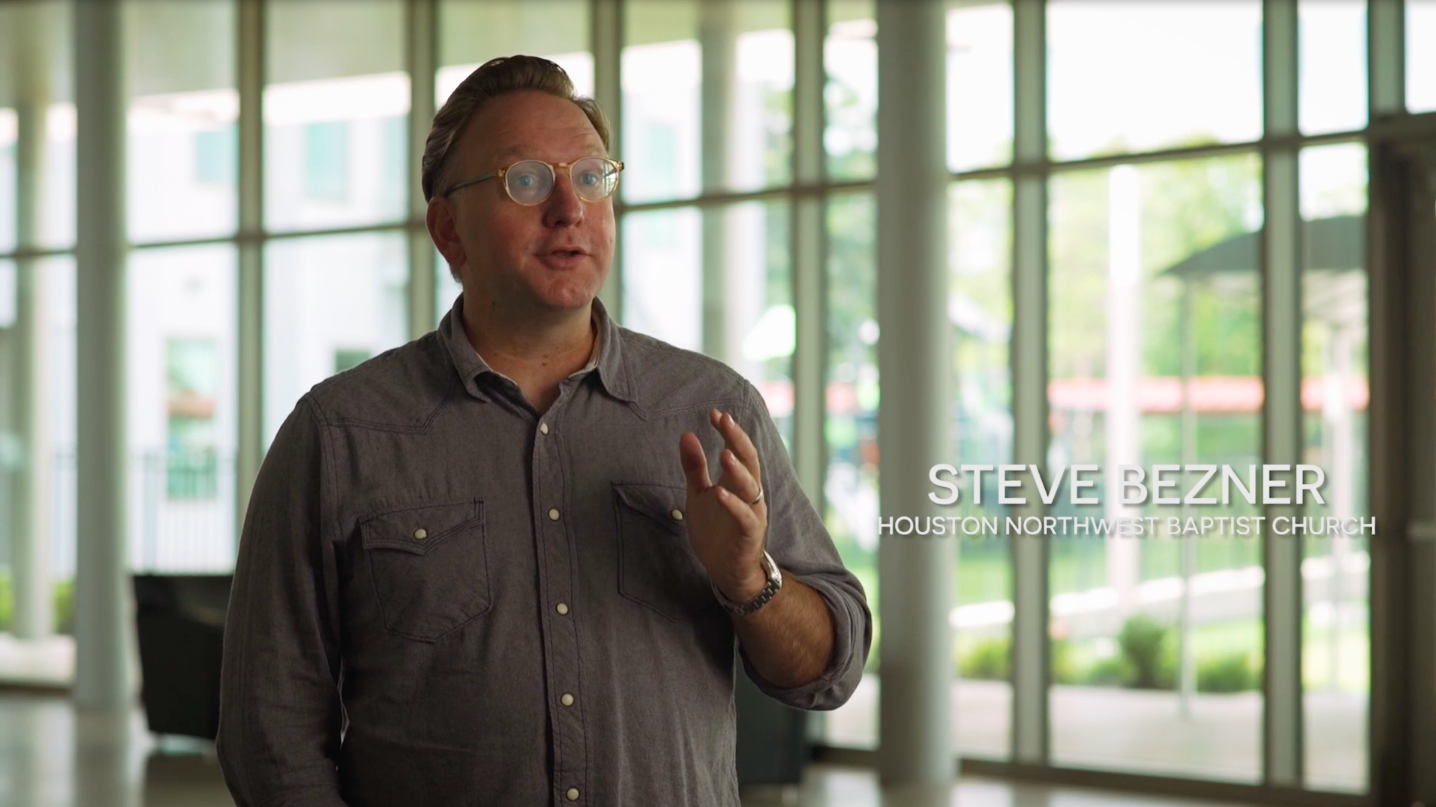
Renewal Pathways is a UBA initiative to work through replanting and revitalization consultations and church partnerships to rekindle flames in churches across Houston or help relight the lamp in places where it might have gone out completely.

THE PROBLEM
Across the SBC, more churches are declining and dying than are growing and being started. When a church declines or eventually dies, a traumatic event occurs. The grief is not only felt by the members who experience the sadness and shame of closing the doors but also by past members who lose a piece of their heritage.
The larger body of Christ loses part of itself, including the community footprint for the gospel which could be invaluable to other ministry opportunities.
Mark Clifton observes that declining churches reinforce a narrative that the church is disconnected from real-life.
“A dying church robs God of glory.”
THE SOLUTION(S)
There was a day and age when the only perceived solution was to put new resources into the community and start a new church to replace the dying one. After all, the Bible discusses new wine and old wineskins. Church planting is a vitally important strategy for kingdom expansion, but it is not the only strategy.
What if declining and dying churches found new life again? What if the thousands of churches across the country with only a handful of people in them every Sunday were instead thriving again? What would it say about God and his redemptive desires for his creation? What would it say about God’s people and the lengths they will go to actually share the good news of Jesus Christ?
None of this is possible without a movement of God. Where there is a fresh movement of the Holy Spirit, a group of people humbly committed to do whatever it takes for the gospel led by courageous leaders, supported by a plan and process, new beginnings and fresh starts are possible.
We’ve seen it first hand. UBA partners with churches to help bring all the pieces together for the sake of the kingdom and the community.
THE PROCESS
UBA Renewal Pathways consultations begin through a relational understanding. UBA does not have authority over any church and cannot make decisions for any church. Even if the association reaches out to a church about its well-being, it does so from a place of friendship and concern. Churches may seek the help of the association as well, relying on the fact that UBA desires every church to be a vibrant gospel-proclaiming body in the community again.
Our friends at the North American Mission Board initially authored some of the earliest-defined replant strategies, and UBA staff were invited into those rooms to be a part of that process and later to teach at NAMB Replanting labs. UBA bases its consultations, in part, on the NAMB Associational Replanting Guide.
Church replant
In this scenario, the existing church births a new congregation in place of the old. The process includes rewriting the bylaws, calling an assessed and qualified replant pastor, and launching as a new congregation. This option may include a new church name. It also may include a transition period when particular decision-making is turned over to a leadership team, usually consisting of people from UBA or partner churches.
Merge with an existing church (Campus/Network Model)
In this scenario, the church in need becomes part of an existing church as a campus or network church. The struggling church will surrender decision-making and assets over to the existing church and will accept new leadership.
Merge with a church plant (Marriage Model)
In this scenario, the struggling church becomes part of a new church plant. The struggling church will sign the deed of property and assets over to the church plant and will accept their leadership in all areas.
Revitalization
This is a much longer-term option but is useful when there is effective leadership in place at the struggling church. Revitalizations typically take five or more years, and UBA offers coaching, consulting, and relationships to partner churches if this scenario is deemed credible.
Close and gift property and other assets
In this scenario, the existing church closes and gifts its property to the denomination, association, an existing church in the area, or a church plant. This is a last-resort option, especially when there are viable facilities in hard-to-reach communities. Read more here.
Step 6: Sending Pathways
We want to see a city full of churches that cooperatively produce their own sent-out ones for an array of Great Commission tasks. We believe that churches plant churches, and replanted churches replant churches.
As the congregation moves forward and regains health and vitality, we encourage the newly replanted church to continue the renewal work in other contexts. This may mean sending people to other replants, supporting the work at a church beginning the process of replanting, or telling the story of God’s work in and through their church as they prayerfully walked through the process of being replanted.
At a minimum, it means calling out those who are feeling led to be on mission for the Great Commission and seeing sending as part of being healthy. This is how Houston (and beyond) reaches gospel saturation.
If you're interested in the church renewal process, contact us here

WHAT UBA DOES NOT DO
UBA does not desire to close churches.
UBA has never recommended closing a church that was serious about reaching their community for Christ. UBA has assisted some churches in closing that (a) did not have the capacity to continue to do ministry and (b) were gifting their buildings to vibrant ministries in the same area.
UBA does not take over facilities.
UBA wants to see every community in Houston reached with the gospel. Our consultants will frequently recommend that churches share their space, merge with other congregations, or find other ways to NOT sell their facilities because once a church building is sold, communities are frequently too expensive to reclaim a similar property size in the area. The UBA Foundation will consult churches on placing reversion clauses in their documents so as to ensure that buildings always remain churches rather than be turned into developments, shopping centers, etc., and UBA will help partner closing churches with churches capable of engaging communities.


















How can you look up from the needs and ministries of your local church to strategically identify, equip, send, and support people for ministry? Sending Pathways helps you do just that!